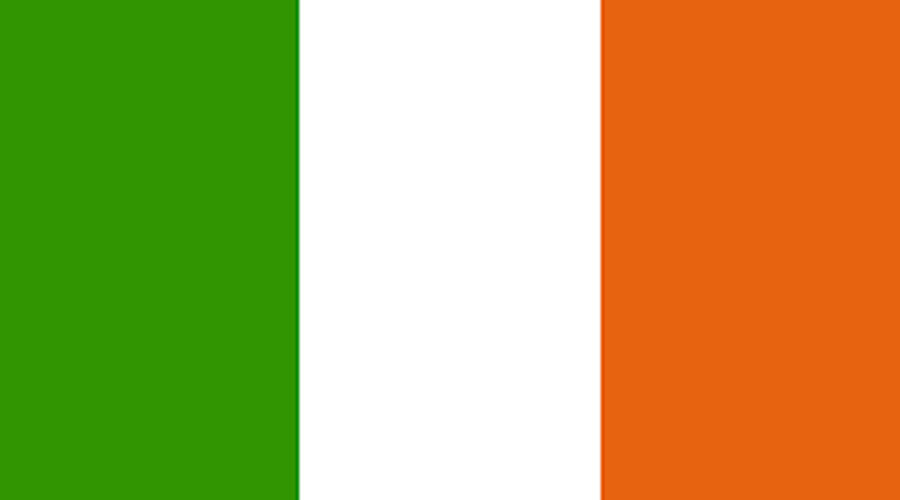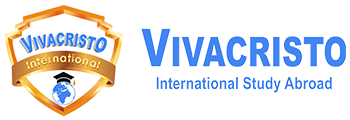
Ireland is home to some of the finest universities in the world. Some of the key fields Irish universities specialize in include the natural sciences, technology, economics, and the humanities. Across Ireland, there are two dozen universities and institutes of technology to you can apply to.
Ireland is historically known as the "Island of Saints and Scholars" and has a long and strong tradition of education. There are nine universities in Ireland - 02 in Northern Ireland and 07 in the Republic. International students are welcome to study at any third level institution. There are also 14 institutes of Technology that offer programs at degree, national diploma and national certificate levels in a wide range of subjects such as engineering and science. Ireland removes a lot of the complications and bureaucracy as, for the most part, the process is handled entirely online.
The process of applying to Irish universities depends on whether or not you’re a citizen of Ireland, the EU, the EEA, Switzerland or the UK. It also depends on the level of study for which you are applying.
As for non-Irish, EU, EEA, Swiss or UK nationals, the process is a little more complicated. Applications are normally judged using the Irish Leaving Certificate Examination or the International Baccalaureate (IB). If you don’t have either of these qualifications, you’ll need to submit your home country qualifications to see if they meet the standard. If they don’t, you’ll need to sit the Irish Leaving Certificate Examination. You’ll also need to submit evidence of your English abilities if you’re not from an Anglophone country. An IELTS certificate is normally enough.
Entry requirements are set by individual schools for each course. There’s a separate entry exam for medicine courses if you’re not from Ireland or the UK. This is called the HPAT.
You should apply for your study visa three months before you plan to arrive in Ireland. First of all, comb through the list of documentation. Gather together documentation proving your identity, educational background, English ability (if you’re not from an Anglophone country), employment history and evidence accounting for any gaps in your education, like gap years, etc. One key requirement is that you provide evidence that you have paid at least €6000 (US$7100) in tuition fees before applying. If your course fees are less than €6000, then you must have paid the full amount. Different schools set different deadlines, but the cut-off point will generally be in January or February. There normally isn’t a late application process for postgraduate studies.
This can be through savings, trust funds or wages. Financial self-sufficiency includes taking out comprehensive health insurance before applying.
This might sound like a lot, but the Irish Department of Justice and Equality makes it crystal clear what it does and doesn’t accept here. Compared to some other countries’ requirements, Ireland is refreshingly clear and uncomplicated. Do note, however, that, should you wish to explore other EU countries during your studies, you will need a multiple entry visa for both Ireland and the Schengen Zone. These are two separate visas.
